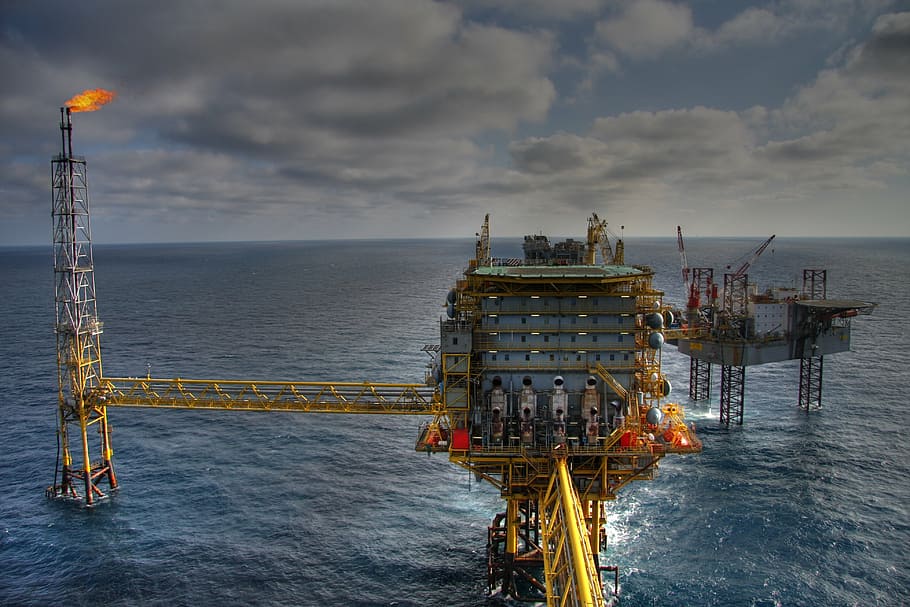Who Will Benefit from PFP Training, and How Can You Get On Board?
In previous articles, we have discussed the financial cost of getting passive fire protection wrong and why PFP is critical for health and safety and asset integrity.
We’ve uncovered the need for improved standards in training, knowledge and expertise to prevent damaging and costly accidents occurring, especially in dynamic environments; for example, where modification to existing structures may require removal of or damage to the original PFP installation.
Simply put, well-designed, properly applied, and comprehensively inspected PFP protects people, assets and businesses. If the application process is not controlled and aligned with QA/QC standards for the coating used, you risk:
- The final system not meeting the design’s fire specification
- Flaws in the coating system leading to corrosion underneath the coating which is not externally visible and has consequent impact on fire performance
- Degradation of the coating over time due to severe environmental effects
Market dynamics are directing a new approach to PFP inspection
Market dynamics are directing a new approach to PFP inspection. This approach is industry-led rather than mandated by legislation.
As margins have reduced for manufacturers of PFP coatings, the free-of-charge on-site technical service personnel provided by manufacturers are no longer extensively offered. In addition, the oil and gas industry has sought to keep project costs down, with the effect that nobody in the contract chain wants to pay for PFP specialist qualified inspection services. The result is little or no inspection from individuals who can identify and prevent problems with PFP installation.
The knock-on effects of this reduction in expertise for the oil and gas and hydrocarbon processing industries, where PFP is critical, are expensive complications further down the line:
- The cost of substandard PFP can be experienced in the tragic loss of human lives
- The financial cost of rectifying problems is many, many times the cost of initial application
Consequently, there has been a strong desire from companies and individuals in the industry to develop best practices, navigate regulations, and improve standards that remove confusion and conflict. This has culminated in the development of new PFP training courses designed to accredit individuals who are involved in PFP installation and inspection.
Who will benefit from PFP training?
Driven by industry needs and defined by industry experience, the new and unique Institute of Corrosion/PFPNet Fire Protection Coatings Inspector Training Programme will qualify inspectors of epoxy intumescent and cementitious PFP coatings used to protect against hydrocarbon fires. The course is designed to provide evidence of distinctive competence to properly understand and inspect PFP installation in new construction or retrofit situations.
In brief, there are three categories of operator who will benefit from this training:
- The owner operator/engineering house who will need to build the course into specification, to ensure that PFP is fully considered and that the design and application of PFP meets improving standards and industry best practices
- The fabricator/applicator who will need to have their inspectors competently trained, demonstrating that they are committed to maintaining improved standards of application and inspection
- The inspection houses who will need to have trained inspectors ready to meet the market requirement
Gain PFP expertise through blended learning
Blended (sometimes called ‘hybrid’) learning combines online training with traditional ‘classroom’ training to maximise effectiveness. The decision to present this PFP course in this manner was easy to make. It also means that COVID-19 risks are minimised, as you’ll be doing around 10 to 20 hours of study online.
The online part of the course will prepare you for the classroom learning. In the classroom, you’ll benefit from working in a group, gaining different perspectives, and improving the effectiveness of learning. The classroom sessions are delivered over four and a half days.
When you have completed the classroom sessions there will be a half-day exam, with peer review completed within 28 days.
Who is delivering the training?
Training of this status deserves to be delivered by the best of training establishments. The Institute of Corrosion is pleased to have been selected as a partner, and training will be delivered via IMechE Argyll Ruane.
In addition, you will also be able to access this training via the PFP manufacturers. In alphabetical order, these are:
- Carboline
- International Paint
- Jotun
- PPG
- Sherwin-Williams
The official launch of this exciting new training is set to take place on 23rd September, via a Teams meeting to be delivered in the East and then delivered in the West later the same. At this launch, you’ll also be introduced to some of our expert course presenters for this PFP training.
To register for the launch, or to discuss which of the three training mechanisms will be best for you, contact either John Dunk at PFPNet or David Mobbs at ICorr.




